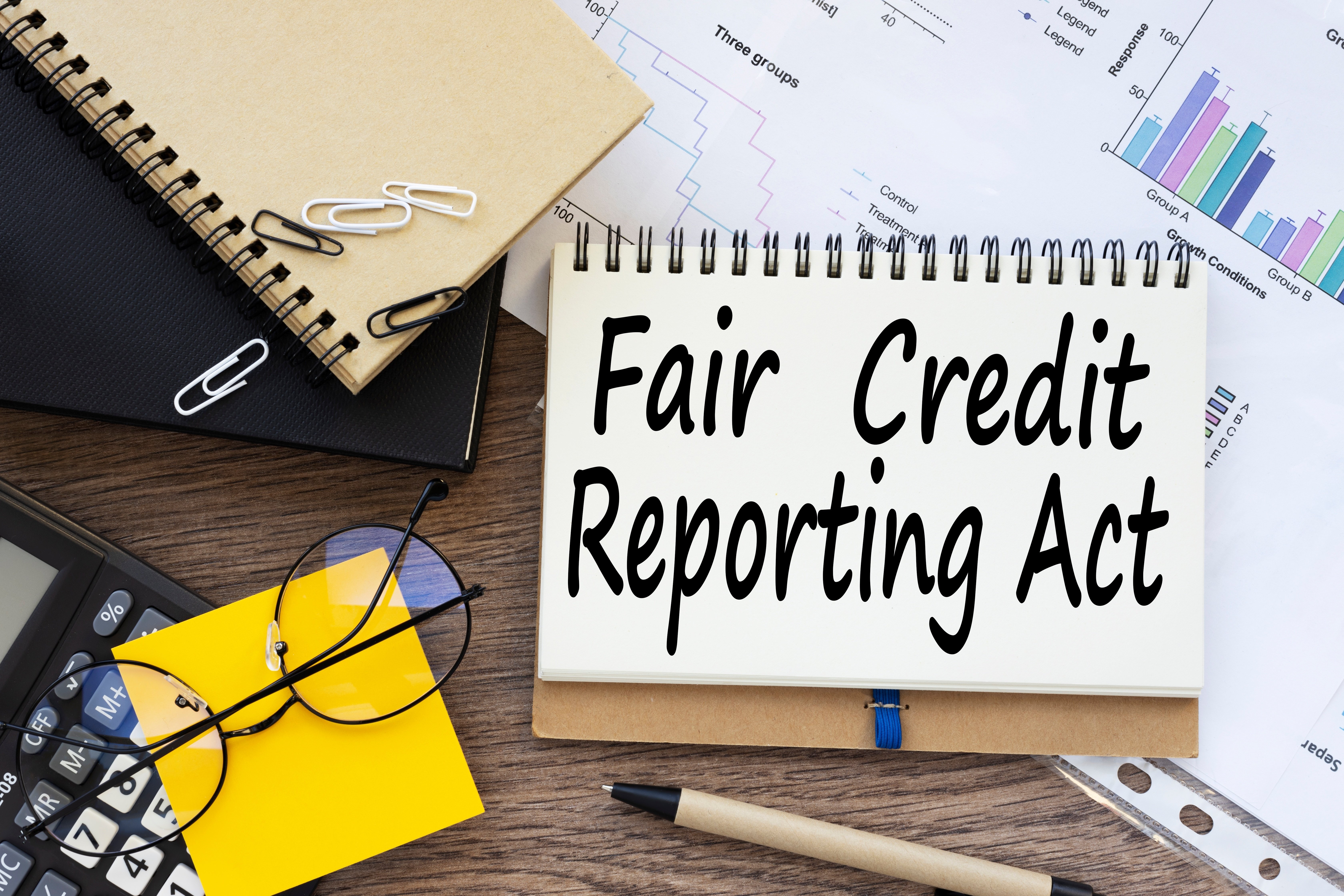Stay ahead of the curve by understanding the timeline of FCRA requirements changes.
Understanding the FCRA
The Fair Credit Reporting Act (FCRA) is a federal law that regulates the collection, dissemination, and use of consumer information by consumer reporting agencies.
It was enacted in 1970 and has undergone several amendments and updates since then to keep up with the changing landscape of credit reporting and consumer protection.
Understanding the FCRA is essential for businesses that handle consumer information to ensure compliance with the law and protect consumers' rights.
Evolution of FCRA Requirements

Over the years, FCRA requirements have evolved to address emerging issues and protect consumers from unfair practices.
The initial version of the FCRA focused on ensuring the accuracy and privacy of consumer credit information. Subsequent amendments added provisions to address identity theft, promote consumer access to their credit reports, and regulate the use of credit information for employment purposes.
The evolution of FCRA requirements reflects the changing needs and concerns of consumers in an increasingly digital and interconnected world.
Impact of Recent Changes
Recent changes to FCRA requirements have had a significant impact on businesses and consumers alike.
For example, the Economic Growth, Regulatory Relief, and Consumer Protection Act of 2018 amended the FCRA to provide consumers with free credit freezes and fraud alerts, making it easier for them to protect their personal information.
These changes have also imposed additional responsibilities on businesses, such as providing more detailed disclosures to consumers and implementing stricter data security measures.
Understanding the impact of these recent changes is crucial for businesses to ensure compliance and maintain trust with their customers.

Strategies for Compliance
Compliance with FCRA requirements can be complex, but there are strategies that businesses can employ to navigate the ever-changing landscape.
First and foremost, businesses should stay updated on the latest changes to FCRA requirements by regularly monitoring regulatory updates and consulting legal professionals. They should also establish robust internal processes and controls to ensure the accuracy, privacy, and security of consumer information. Training employees on FCRA compliance and maintaining documentation of compliance efforts are also important strategies for businesses to minimize the risk of non-compliance.
By implementing these strategies, businesses can mitigate the potential legal and reputational risks associated with non-compliance.

Future Trends in FCRA Compliance
As technology continues to advance and consumer expectations evolve, the landscape of FCRA compliance is likely to undergo further changes.
One future trend in FCRA compliance is the increasing focus on alternative data sources and non-traditional credit information. This includes data from sources such as utility payments, rental history, and telecommunications records, which can provide a more comprehensive picture of an individual's creditworthiness. Another future trend is the continued emphasis on data security and privacy, as data breaches and identity theft remain top concerns for consumers.
Businesses will need to adapt to these future trends and ensure they have the necessary processes and systems in place to comply with evolving FCRA requirements.
Finding a trusted compliance partner like TrendSource to complete OnSite Inspections for Consumer Reporting is imperative.


